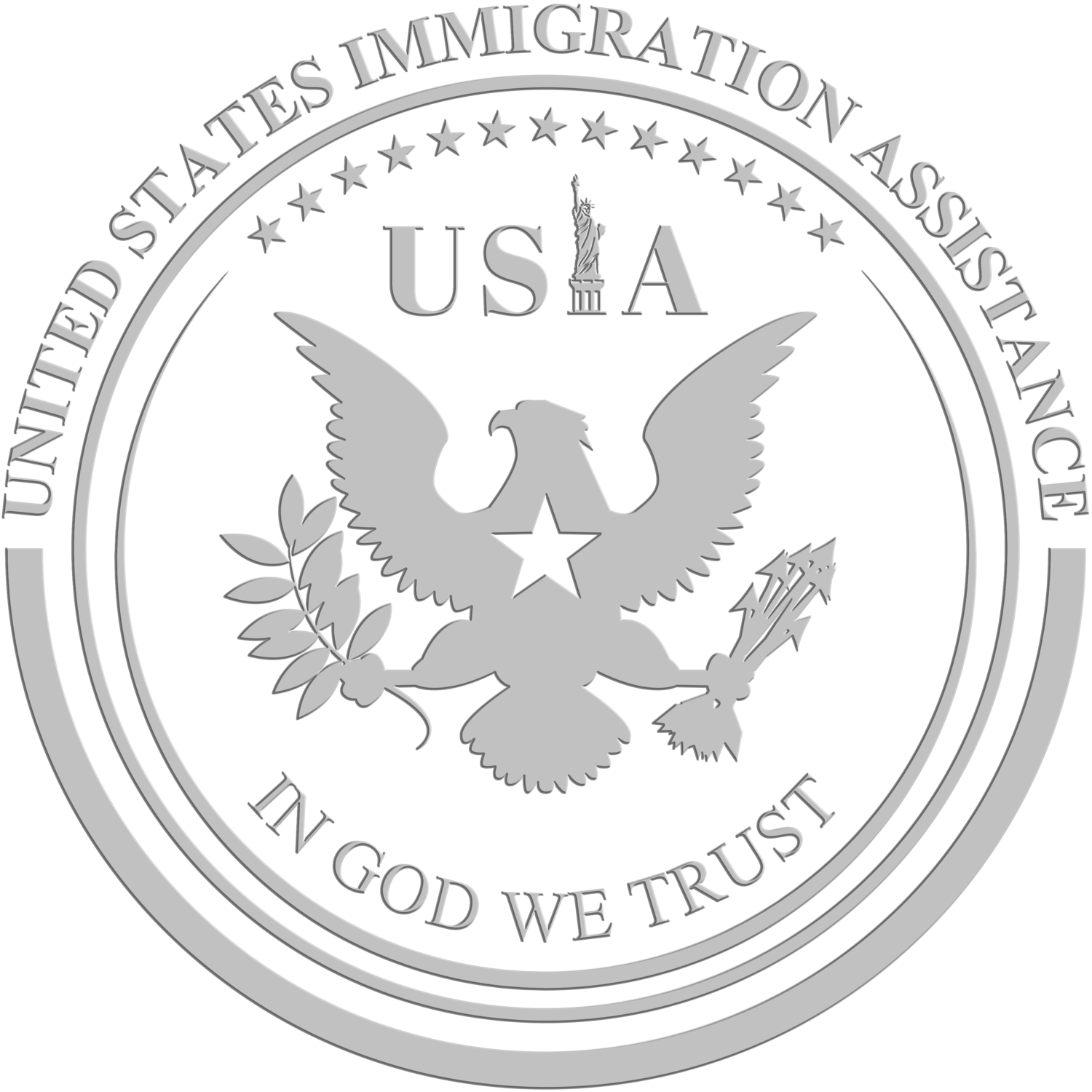Owners of businesses in the United States often wonder if they can use their company to hire and obtain permanent residence for a foreign worker who is related as family or by property. The answer is yes! -- but caution must be taken when proceeding.
When a company petitions for a foreign worker, they must get approval of an ETA-9089 labor certificate before the employer can complete Form I-140, Immigrant Petition for Alien Worker, which will allow them to apply for permanent residence in the United States. The form for the ETA-9089 asks the question: "Is the employer a closely held corporation, partnership, or sole proprietorship in which the alien has an ownership interest, or is there a familial relationship between the owners, stockholders, partners, corporate officers, or incorporators, and the alien?"
Family relationships are those of blood, marriage (including in-laws and step-family), and adoption. Any distance of relation will be considered, not just parents, siblings, or children -- grandparents, grandchildren, aunts, uncles, and cousins, but also family relations created after one or many marriages, it all count as family relationships for the purposes of the Department of Labor. In addition to family relationships, prior business relationships between the employer and potential employee will also be looked at, including whether the employee has any property or share interest in the company.
The existence of a family relationship will affect the recruitment step of the labor certificate. The purpose of recruitment during the labor certification process is to ensure that there are no United States citizens that are able, willing, and qualified for the position in question. The concept of a 'bona fide offer of employment' means that the job offer is available to any and all US citizens who may want it. When the foreign worker is a relative of someone in the company, the Department of Labor takes extra care to prove that the job offer is truly bona fide and available. This does not mean that the application will not work; it means that every step must be followed precisely to prove that everything is as honest and clear as possible.
The Department of Labor will probably perform an audit on the application to look over all of the information provided about the recruitment process. They will be looking to see if the foreign worker:
Is in the position to control or influence hiring decisions regarding the job for which labor certification is sought;
Is related to the corporate directors, officers, or employees;
Was an incorporator or founder of the company;
Has an ownership interest in the company;
Is involved in the management of the company;
Is on the board of directors;
Is one of a small number of employees;
Has qualifications for the job that are identical to specialized or unusual job duties and requirements stated in the application; and
Is so inseparable from the sponsoring employer because of his or her pervasive presence and personal attributes that the employer would be unlikely to continue in operation without the foreign worker
If the Department of Labor determines that the job offer was truly available to all US citizens and that no local worker was willing, able, and qualified to perform the job except for the foreign worker, they will more than likely approve the Alien Labor Certification.
Some applicants decide to take their chances with not reporting a family relationship, hoping that the Department of Labor will not notice. Be advised that in the event that the relationship is discovered during or after the process, the Department of Labor can deny an application or even revoke a previously granted I-140 form.
Every situation is different, and only an individual employee and employer can decide what path is the best for them. Be sure to consider every aspect of your situation before proceeding with your paperwork!

